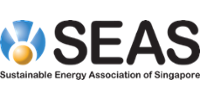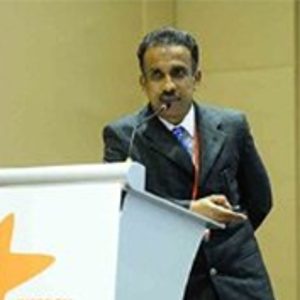Event Details
Registration is still available.
Singapore is situated in a tropical climate set up. Typically, tropical climate causes long-period of elevated temperature, relative humidity (RH), and frequent monsoon rainfalls. In combination with airborne salinity, tropical countries like Singapore usually experience severe corrosion of steel/metallic structures used as part of their business activities. Corrosion can affect the integrity of pipelines and storage tanks used in the industry for transportation and storage of various energy resources, such as oil and natural gas leading to leaks, compromising the efficiency and safety of these systems.
In the renewable energy sector, corrosion can impact the durability of materials used, such as wind turbines and solar panels. Regular maintenance and replacement of corroded components can result in increased energy production costs. The main industrial sectors in Singapore are chemical, petroleum, oil, and gas along with other precision manufacturing industries such as pharmaceutical, electronics and semiconductor industries, which uses high-end expensive equipment susceptible to different types of corrosion and resulting the industry losing millions of dollars either for the maintenance or replacement of the concerned equipment.
This two-day course aims to help the industrial professionals to achieve a good understanding of the fundamental concepts of engineering corrosion for taking appropriate technical actions in terms of prevention and rectification of corrosion related issues in their respective industries.
Course Objectives
Upon completion of this course, the participants should be able to develop good understanding of:
(a) The fundamental concepts of corrosion engineering
(b) Industrial corrosion causes.
(c) Industrial corrosion prevention
(d) Cost savings from industrial corrosion prevention
(e) Case studies
Course Syllabus
Part 1
• Fundamentals of corrosion
• Dry Corrosion
• Wet Corrosion
• Types of corrosion
• Corrosion prevention strategies
• Case studies and Q&A will be presented under all parts of module
Part 2
• Industrial corrosion
• Corrosion of Fe and Al alloys
• Corrosion of industrial equipment
• Corrosion testing
• Economics of corrosion
- • Case studies and Q&A



